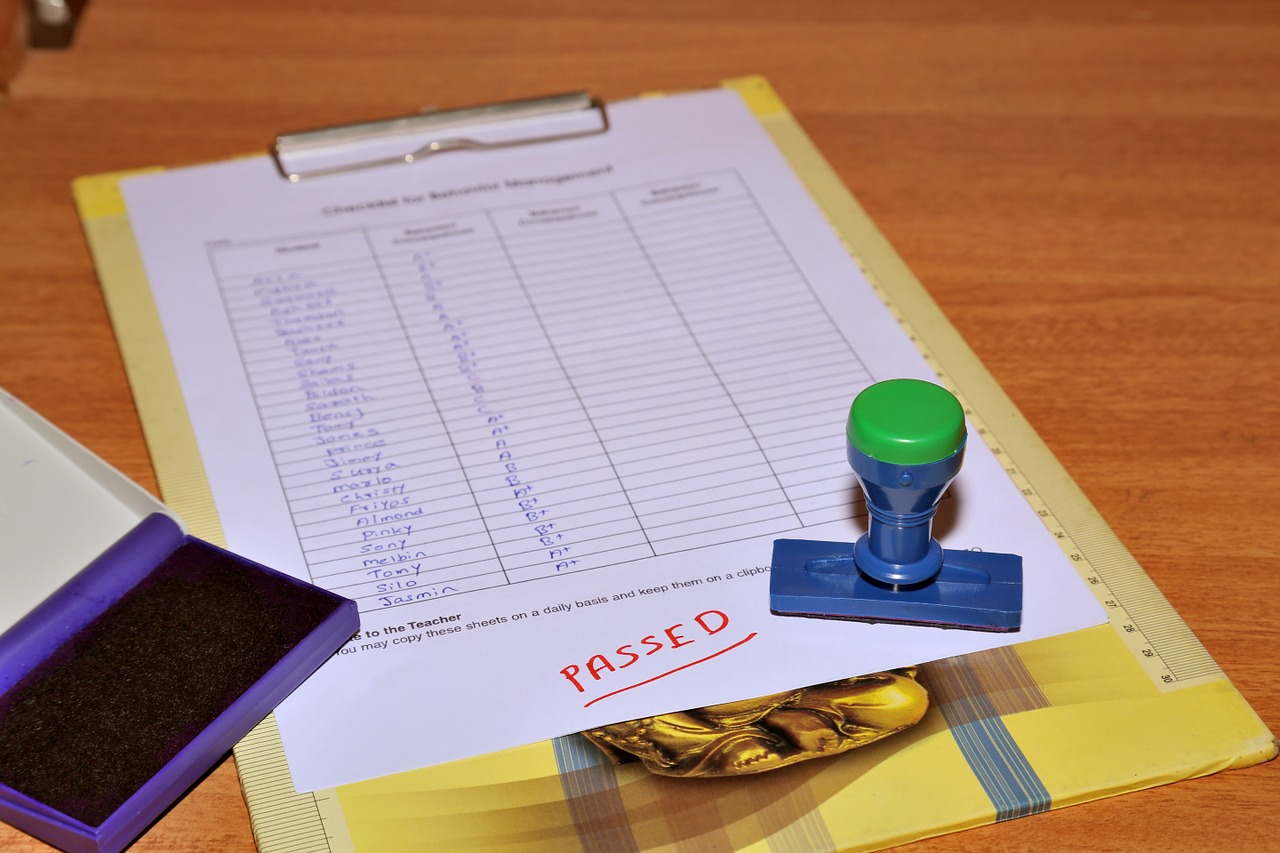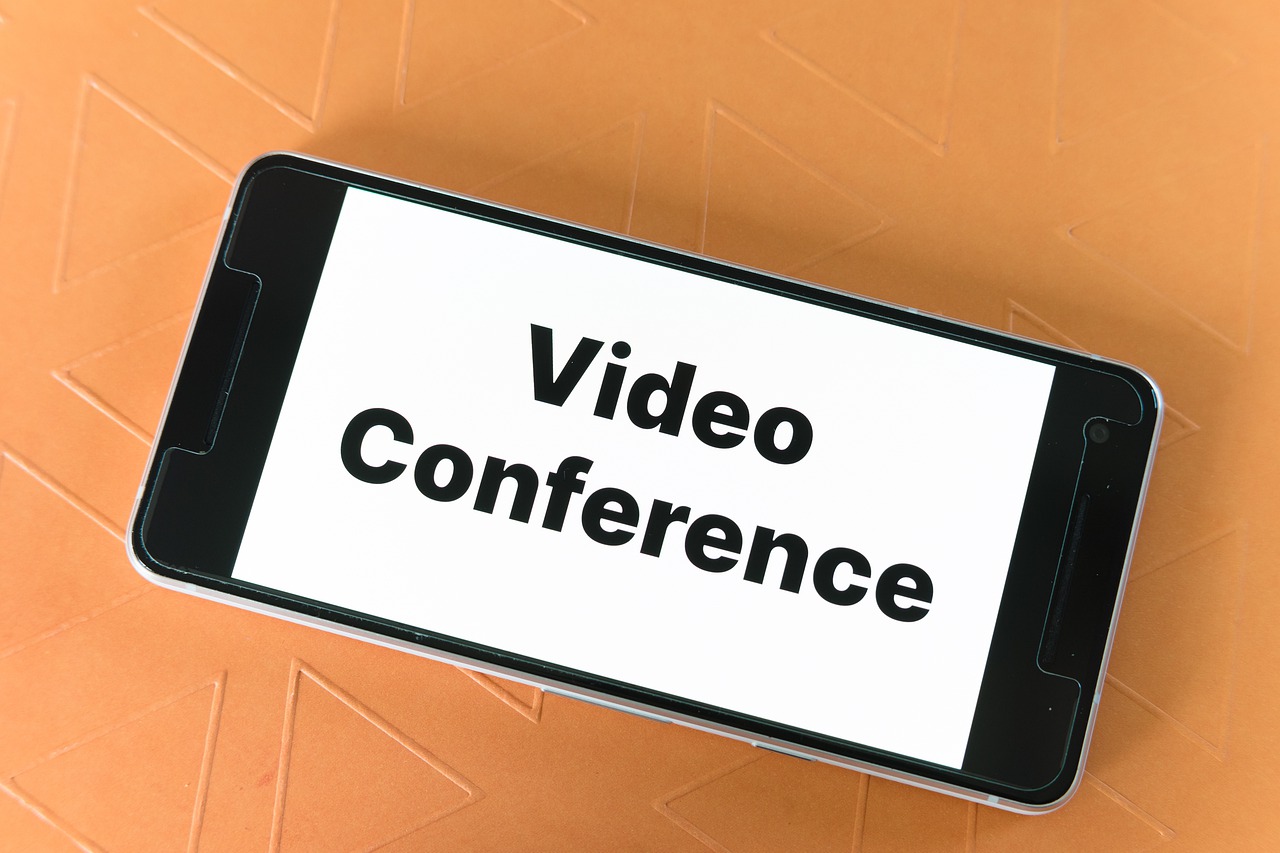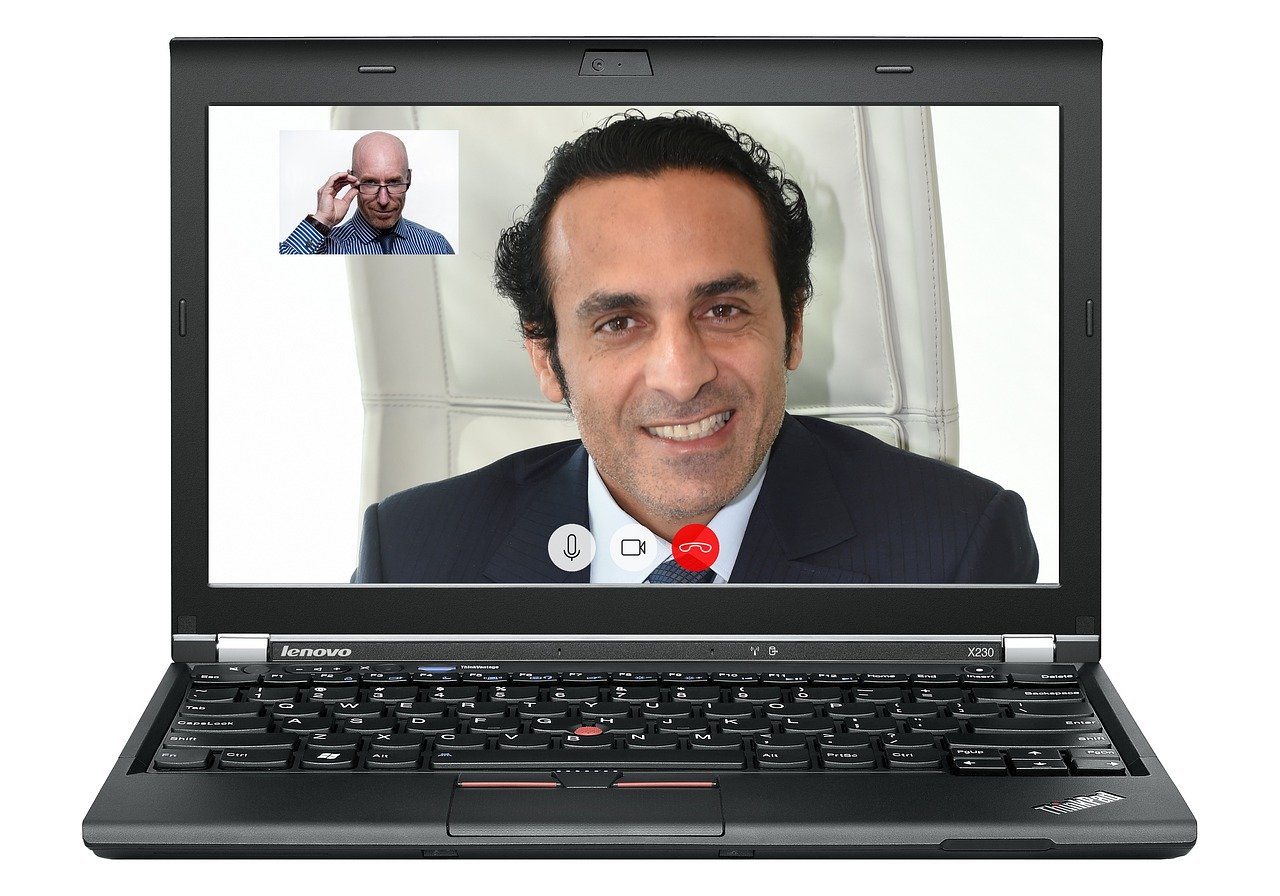
Ask ten different program directors on how they decide if their residents are ready to take calls and place them in the same room. You will most likely get ten different answers, plus a heated debate (maybe a fistfight or two!) But, I have witnessed some residents who have passed the Radexam precall quiz perform poorly on call. Likewise, I have seen residents with borderline or failing scores on Radexam make a stellar performance when they start overnights. So, what is it that the exam is missing? I think I have it all figured out!
When we look at the skills that you need to succeed at nighttime, there are three general categories: reading, picking up findings, and professionalism. The Radexam tests the first part, knowledge, and I believe it is acceptable for this purpose. But, it leaves out the other two essential categories. Fortunately, most residents are professional, and you can observe their professionalism during their first year, so that category is not usually difficult to assess. However, the ability to pick up findings is a whole other kettle of fish. Some residents can have a vast knowledge base, yet have a tough time making the calls on a film. If you don’t test for it or observe it, you may miss these prospective call-takers. Houston, there may be a problem!
What Can You Do To Improve Your Finding Skills?
If you think you might be in this boat, what can you do to improve your finding skills? Well, several different techniques can help to improve your skills. The first and most obvious way to improve this skill is to read through lots of cases without knowing the answer beforehand. In today’s environment, in some programs, it is effortless for some residents to slide by without having to make any decisions on their own during the first year. These residents will typically either sit by the attending and watch them make all the findings. Or, they will continue to read books during the day without being an active participant in the case. If you want to learn the skill of making findings, passive learning techniques such as these don’t cut it. You need to flip through the cases on your own!
Additionally, you need to use materials that use lots of images. Now, this is a widespread first-year mistake. Many first-year residents continue to study like interns and read lots of materials without looking at the pictures. In radiology, you need to do the opposite. You need to look at lots of pictures and then read the content. To find appendicitis, you should see at least a hundred different cases before you can readily identify it. Some instances are subtle, and others not so much. Looking at all different sorts of examples of a particular disease entity will eventually get you to the point where you can easily make the findings without as much mental effort.
And finally, there is a subgroup of residents who have not read one lick during their first year. If you don’t know what the different disease entities are, how will you find them? However, this group overlaps with the lack of professionalism and lack of knowledge groups. Most residency directors can pick these folks out. And then, it’s a natural remedy. Read more!
How Should Program Directors Test For This Skill?
Direct observation is the key. Just utilizing a test like Radexam only tests the knowledge component and cannot substitute for observing a resident taking real cases.
Now, at some programs, the faculty may not have much time. But that is not an excuse. Testing residents before overnights is the moral and ethical thing to do. How can you allow a resident without the proper tools to take care of patients? It is unjustifiable!
To test residents for finding skills, I typically take a series of 10 reasonable overnight sorts of cases and watch how they perform when looking for the findings. Usually, I make sure that the residents can get about 2/3 of them right. I’m sure there are other ways to do the same thing, but I have found it reasonably simple to find a group of typical on-call cases.
Also, in the real world, you do not have the luxury of infinite time. So, we make sure to limit the amount of time per case. This simple process can quickly identify residents that are falling off the bell curve because they take to long to look at a case.
Are You Ready To Take Call After Passing The Radexam Precall Quiz?
Well, for those of you that are finishing up their first year, right about now, make sure that you continue to go through cases even after taking the Radexam Precall Quiz. If you don’t have a formal method to check whether you are ready in your residency, please make sure to ask your faculty or a senior resident to observe you. Sometimes you need a second set of eyes to ensure you are on the right path. If you want to get an idea of some of the cases for testing in our residency program, I will refer you to the previous years’ pre-call quizzes on this website for a nominal fee. Check them out! Otherwise, make sure to go through your institution’s classic cases without knowing the diagnoses beforehand. This process works to make you a better on-call radiologist!











